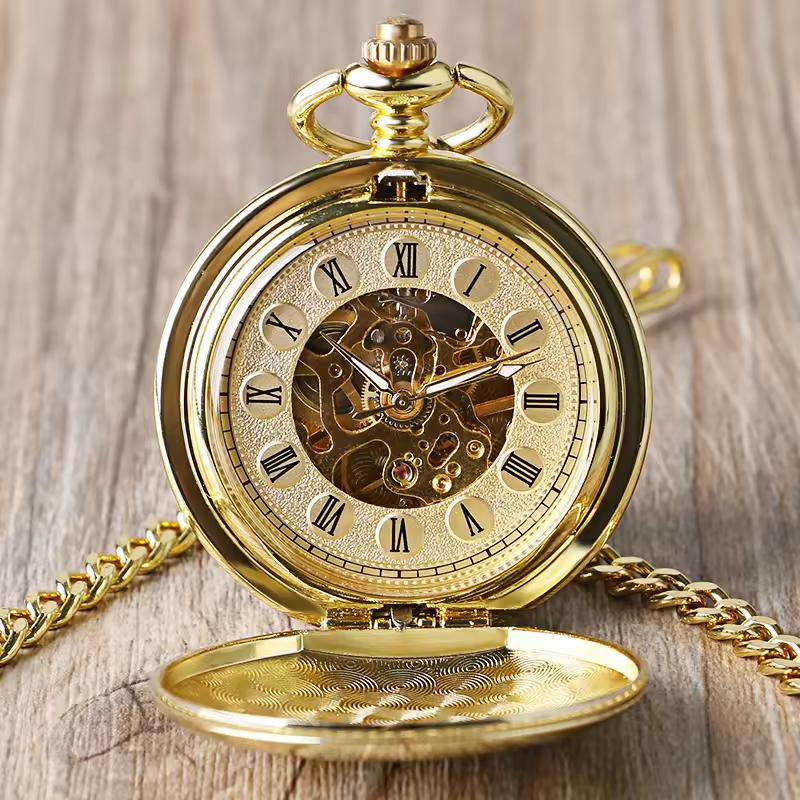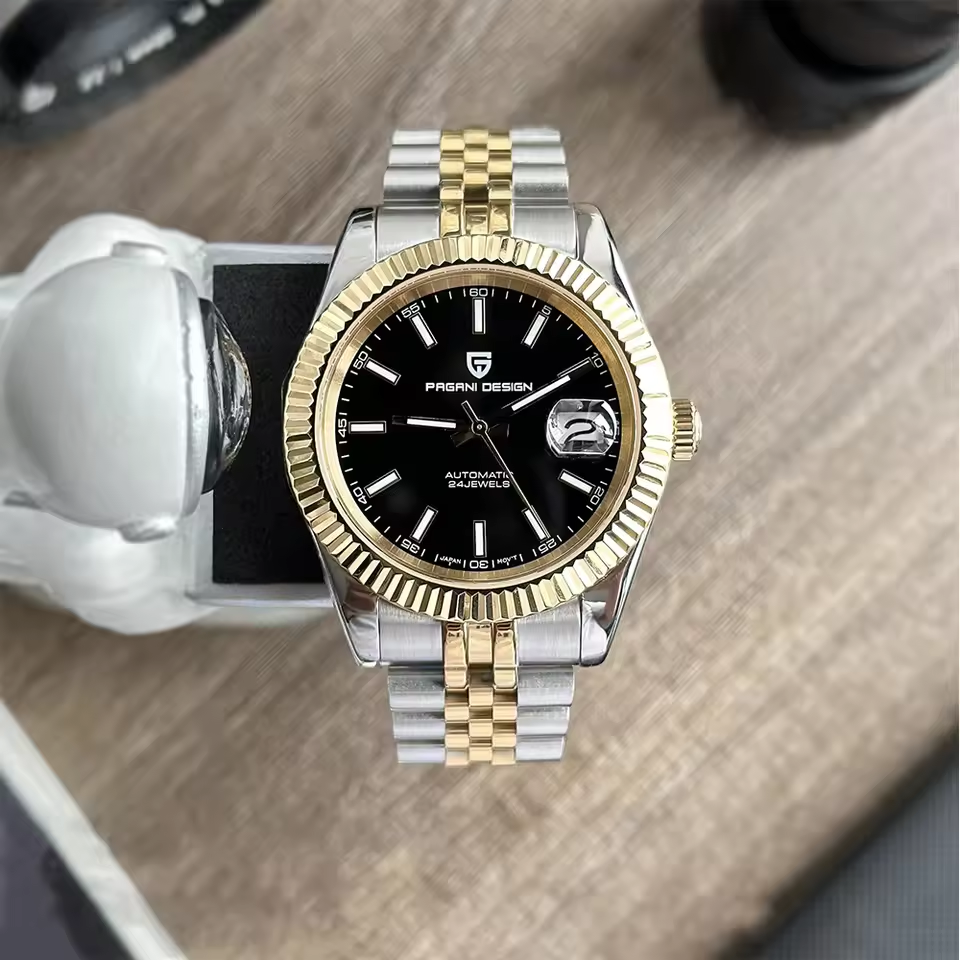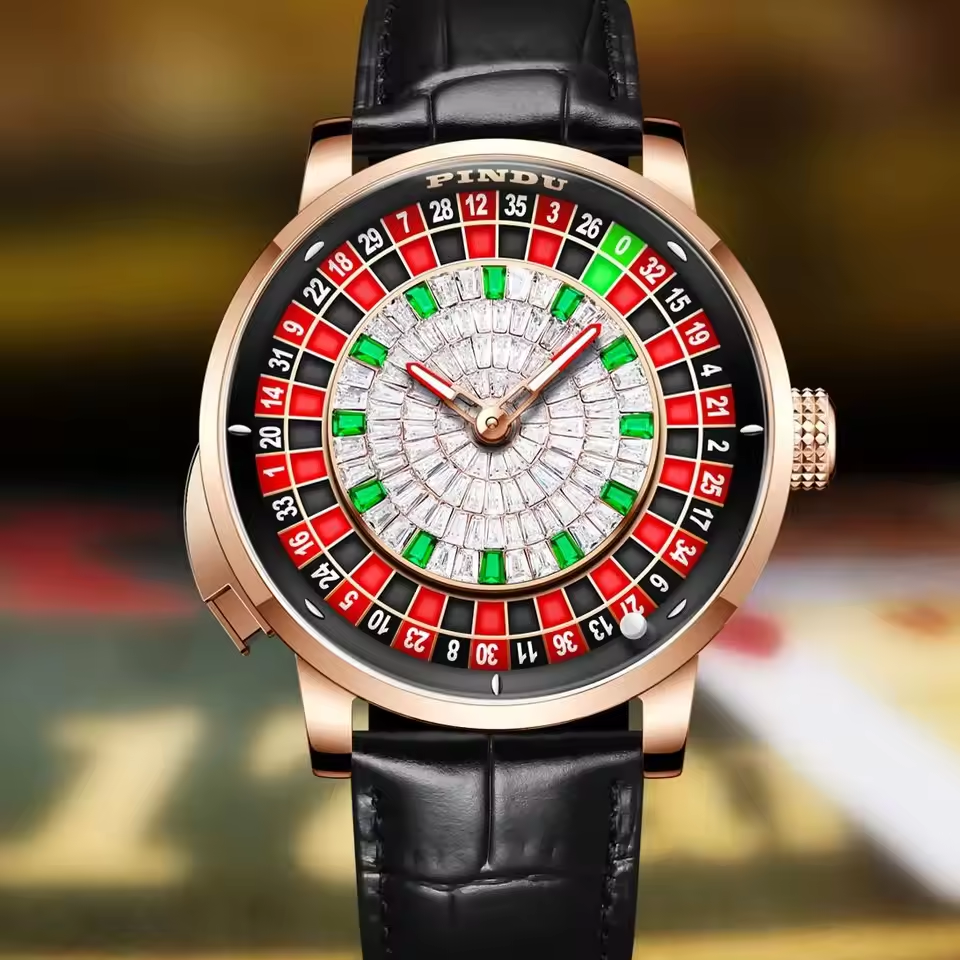Timekeeping technology has come a long way, offering a vast selection of watches to suit various preferences. Two dominant types stand out: quartz and mechanical watches. Each boasts unique characteristics that cater to specific needs and desires in a timepiece.
Part 1: Power Source
Quartz Watches:
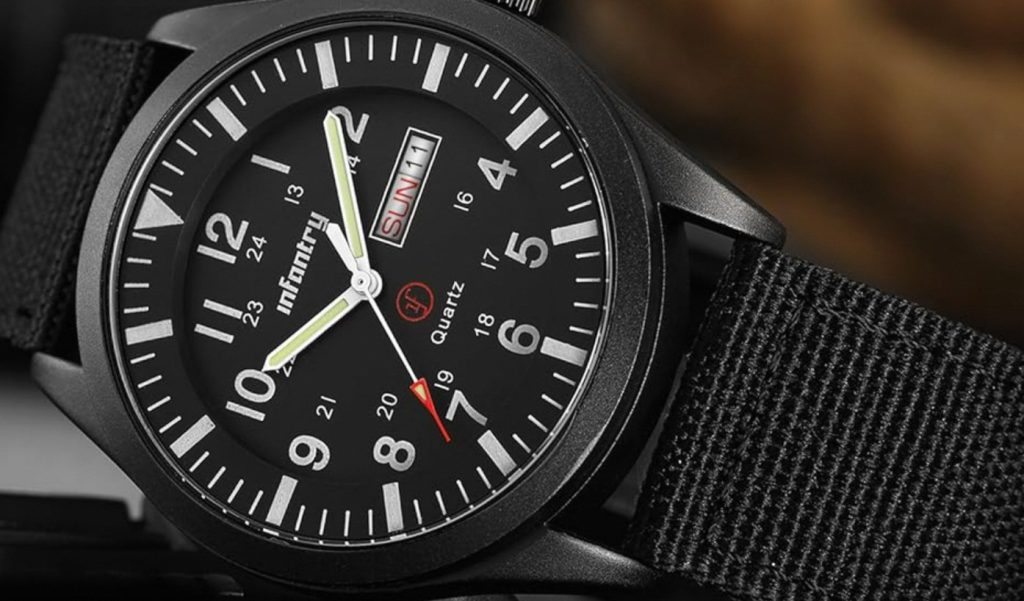
A quartz watch relies on a battery to power a tiny quartz crystal, a key component that sets it apart from mechanical timepieces. This crystal vibrates at an incredibly precise frequency, which is harnessed and channeled through a circuit board to regulate the movement of the hands, ensuring accurate timekeeping. The reliance on a battery to power this mechanism is a fundamental characteristic of quartz watches. The lifespan of the battery varies, typically ranging from 1 to 5 years based on the specific watch model and usage patterns. Certain factors, such as the presence of additional features like backlighting or alarms, can also affect the battery’s longevity. With such a critical reliance on batteries, regular battery replacement is essential to sustain optimal performance, making it an integral aspect of the ongoing maintenance for quartz timepieces.
Mechanical Watches:
Mainspring Driven. A mechanical watch harnesses the energy from a wound mainspring. This spring sits within a barrel and tightens as the crown is turned. As the spring unwinds, it releases controlled amounts of energy through a gear train, powering the watch’s functions. Mechanical watches require periodic manual winding or rely on an automatic winding mechanism to keep them running.
Part 2: Accuracy
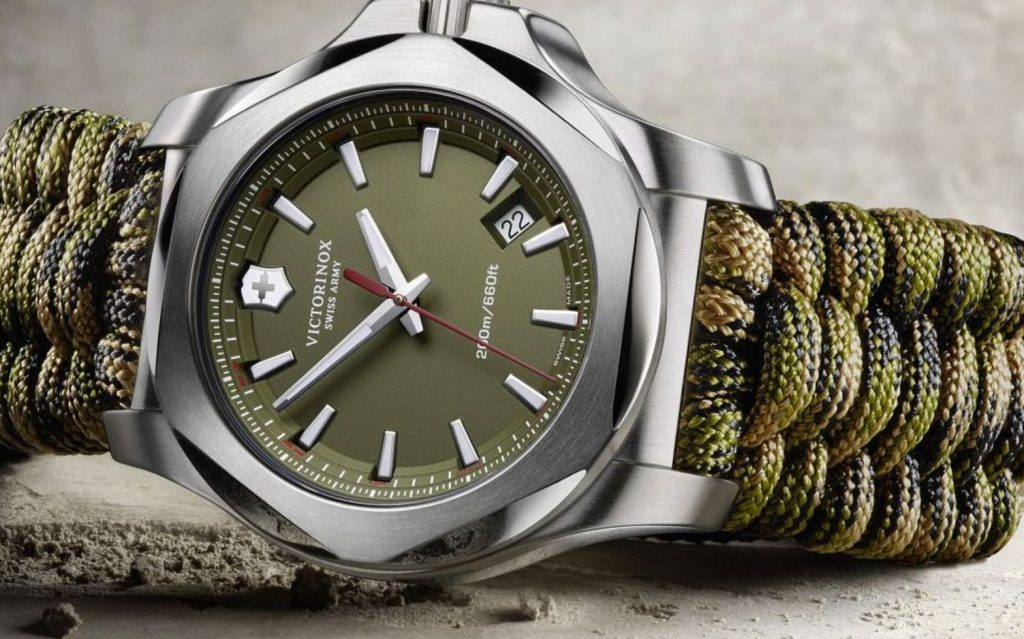
Quartz Watches:
Quartz watches celebrate remarkable precision due to the consistent vibrations of the quartz crystal, enabling them to maintain near-perfect timekeeping. These timepieces are renowned for their minimal deviations, usually measured in seconds per year. This outstanding precision has made quartz watches a popular choice for individuals who prioritize accuracy and reliability in their timepieces. Whether utilized for professional purposes or daily wear, the consistent and reliable timekeeping offered by quartz watches has solidified their reputation as a dependable and trustworthy timekeeping option. With their ability to consistently maintain accurate time, quartz watches have become a staple for those who value precision and dependability in their timepieces, making them an indispensable accessory for a myriad of lifestyles and activities.
Mechanical Watches:
Mechanical watches, while revered for their craftsmanship and intricate engineering, are inherently susceptible to fluctuations in accuracy due to several factors. One such factor is the tension of the mainspring, which can cause variations in timekeeping. Temperature changes and the effects of gravity on the watch’s position are additional variables that can impact the accuracy of a mechanical timepiece. To mitigate these fluctuations and ensure consistent performance, regular servicing by a professional watchmaker is recommended. This typically involves disassembling the movement, cleaning and lubricating the components, and making any necessary adjustments to optimize accuracy. As a standard practice, mechanical watches should undergo servicing every 3-5 years to maintain their optimal performance and accuracy. By addressing these potential variations and keeping the watch in meticulous condition, owners can continue to enjoy the enduring precision and craftsmanship that mechanical timepieces offer.

Part 3: Functionality and Features
Quartz Watches:
Quartz watches are often distinguished by their simpler design, attributed to the fewer moving parts in comparison to mechanical watches. This streamlined construction not only contributes to their sleek and minimalist aesthetic appeal but also allows for the integration of a wider range of additional features. These additional features may include practical functionalities such as date displays, chronographs for timing events, and alarms. The simplicity of the quartz movement affords watchmakers the flexibility to introduce various innovative features and complications without compromising the watch’s overall performance and reliability.
As a result, quartz watches are not only prized for their precise timekeeping but also for their versatility, offering a diverse selection of timepieces tailored to cater to different preferences and practical needs. The amalgamation of a clean and understated design with an array of practical functionalities has positioned quartz watches as a popular choice for individuals seeking a harmonious blend of style and functionality in their timepieces.
Mechanical Watches:

Mechanical watches, renowned for their intricate and finely crafted mechanisms, generally prioritize core timekeeping functionality over additional features. The complexity of these mechanisms often limits the inclusion of extra functionalities. Adding features can lead to increased intricacy and potential compromises in reliability. Certain high-end mechanical watches may incorporate sophisticated complications such as moon phases or perpetual calendars. These additional features typically come at a higher cost and require specialized expertise for servicing. Due to their intricate nature, complications in mechanical watches necessitate careful maintenance and adjustments. This often requires the skills of experienced and specialized watchmakers. As a result, while enthusiasts covet mechanical watches for their craftsmanship and traditional appeal, their emphasis on core timekeeping functionality and restrictions on incorporating additional features highlight the contrast between these timepieces and their more feature-rich, yet relatively simpler, quartz counterparts.
Part 4: Maintenance and Investment
Quartz Watches:
Quartz watches are celebrated for their ease of maintenance, making them a practical choice for many watch enthusiasts. One of the key advantages is the straightforward process of replacing the battery. This uncomplicated procedure can often be done quickly and without the need for professional assistance, reducing both inconvenience and costs. Additionally, the overall cost of ownership for quartz watches tends to be lower. This is largely due to the reliance on readily available batteries, which are affordable and easily sourced. Moreover, these batteries often boast an extended lifespan, reducing the frequency of replacement and minimizing long-term expenses. As a result, the combination of easy maintenance and lower ownership costs has contributed to the enduring popularity of quartz watches, appealing to individuals who value timepieces that offer both practicality and long-term economic benefits.

Mechanical Watches:
Regular Servicing, Potential Investment. Mechanical watches demand regular servicing by a qualified watchmaker to maintain their accuracy and longevity. These servicing costs can accumulate over time. However, high-quality mechanical watches, particularly from prestigious brands, can appreciate in value over time, becoming prized possessions and potential heirlooms.
Ultimately, the choice between a quartz and a mechanical watch boils down to personal preference. Quartz watches offer exceptional accuracy, convenience, and affordability, while mechanical watches embody craftsmanship, heritage, and a connection to a bygone era of watchmaking tradition.



